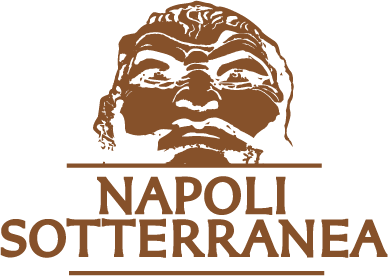Some people believe that every dream hides a meaning, while others do not. Nevertheless, in Naples, dream interpretation has always been taken seriously. To understand why, one only needs to know the Neapolitan Smorfia, the ancient book that, according to tradition, was used to interpret dreams: the purpose was to derive numbers to play in the Lotto.
The Origins It seems that the origins of the Smorfia are still shrouded in great mystery. Some theories associate its roots with Pythagoras, the Greek philosopher and mathematician, while others link it to Jewish Kabbalah, which holds that every word, letter, or sign in the Bible has a hidden meaning. Kabbalah indeed makes extensive use of numerology: it assigns a number to each name and a metaphysical meaning to each number. Following this reconstruction, the Neapolitan Smorfia would appear to become the sarcastic version of Kabbalah. It is enough to consider that in the past, people used it solely to translate dreams into numbers—from 1 to 90—to then play in the Lotto. But beyond dream experiences, Neapolitans often consulted this text to interpret some bizarre events that happened in their everyday lives. And who knows if there is still someone today who remains faithful to this custom. However, the goal remains the same: to try their luck with winning numbers!
Some Curiosities The etymology of the Smorfia is linked to Morpheus, the god of dreams in ancient Greece. But there are also other curiosities surrounding this ancient book. In the past, there was no paper version; it was passed down orally. Once transcribed, it was made comprehensible even to the illiterate: hence the custom of associating numbers with images. But that’s not all. The Smorfia has also inspired some films—especially those featuring famous Neapolitan actors like the timeless Totò, the master Eduardo De Filippo, and the great Massimo Troisi. The latter gave his trio—formed with Lello Arena and Enzo Decaro—the name La Smorfia.

